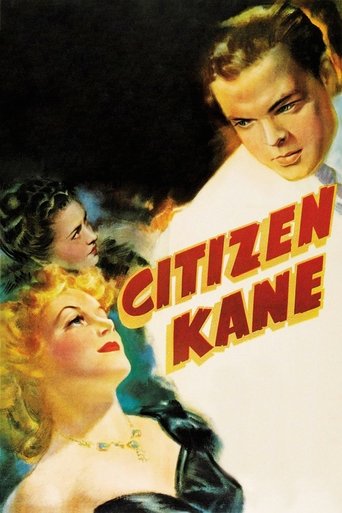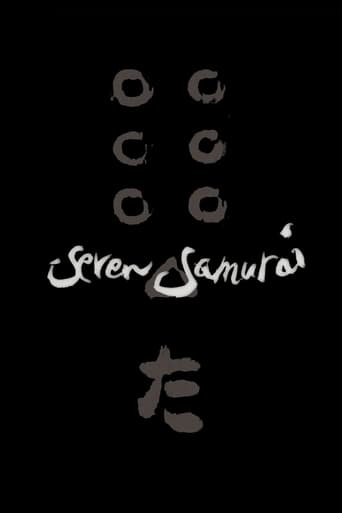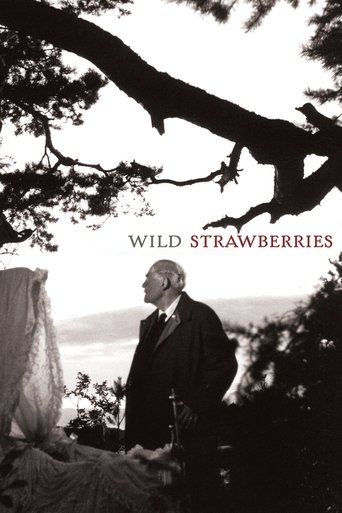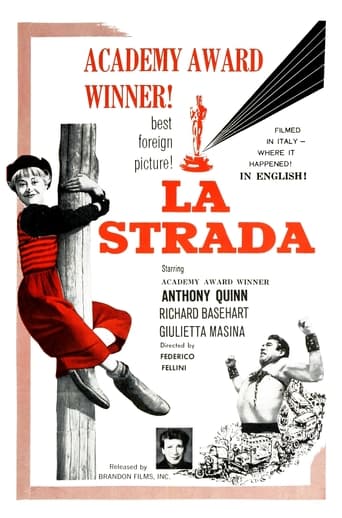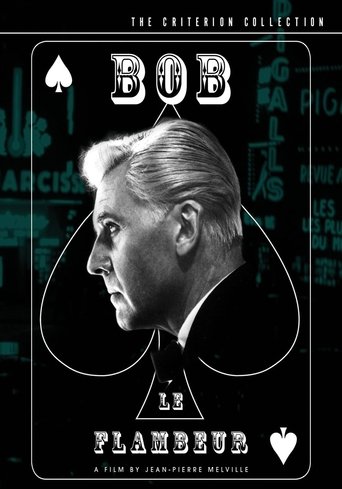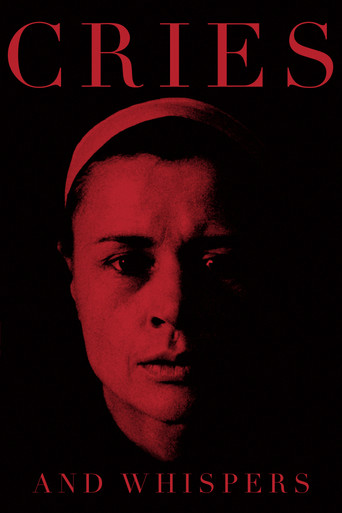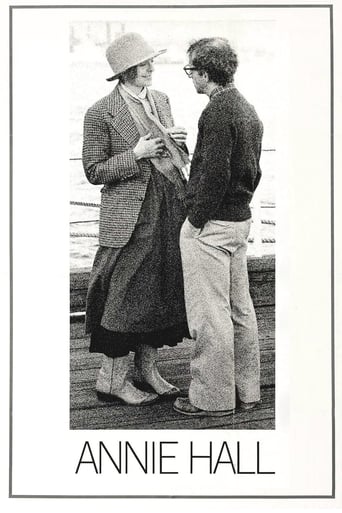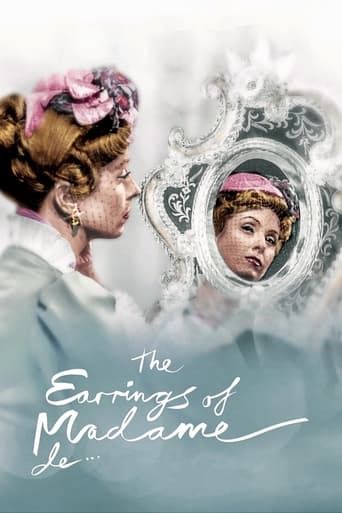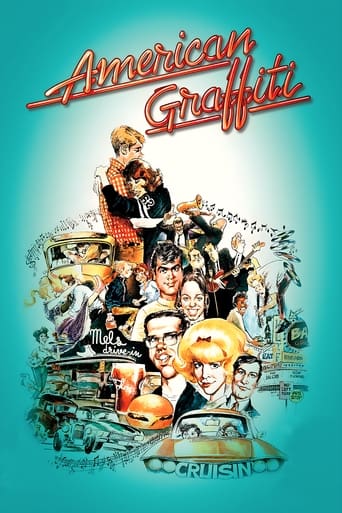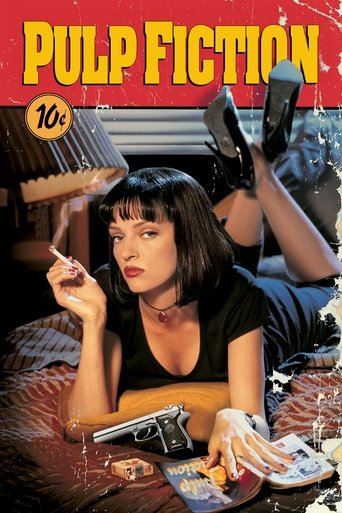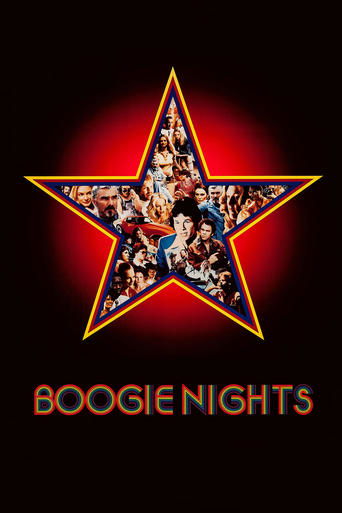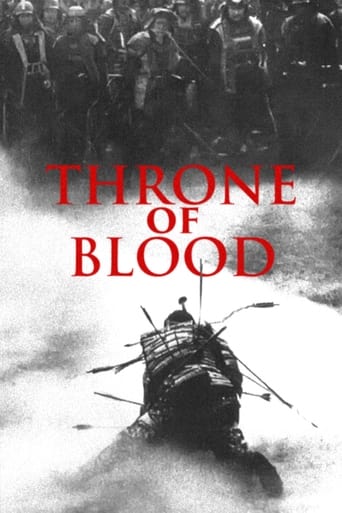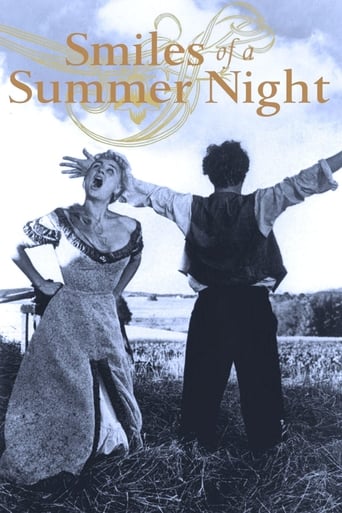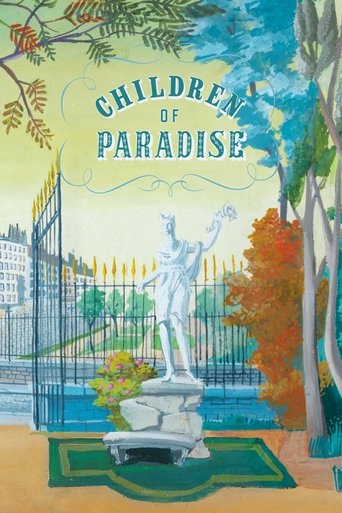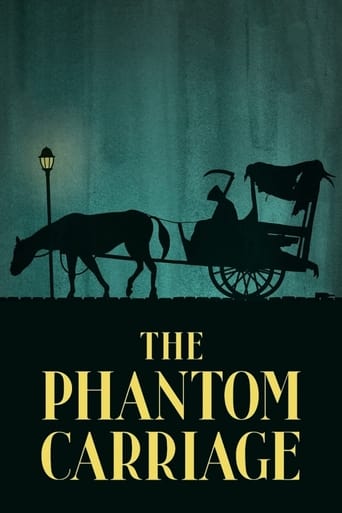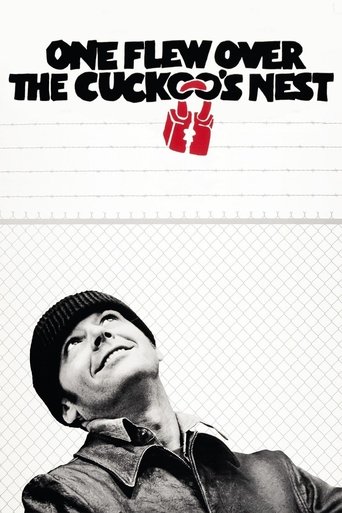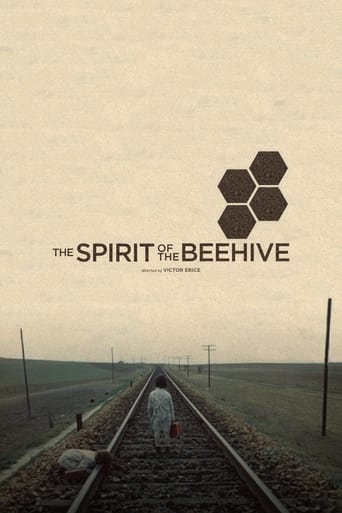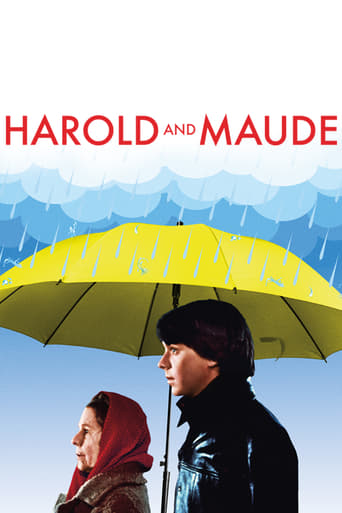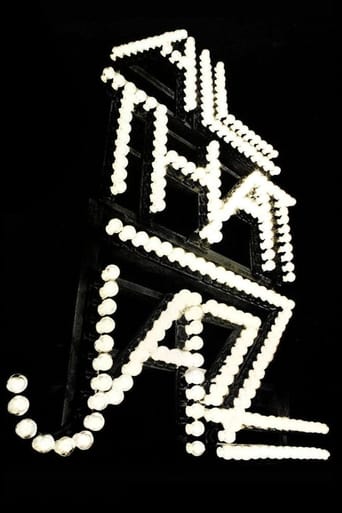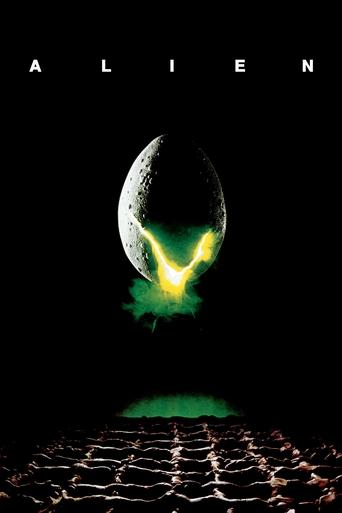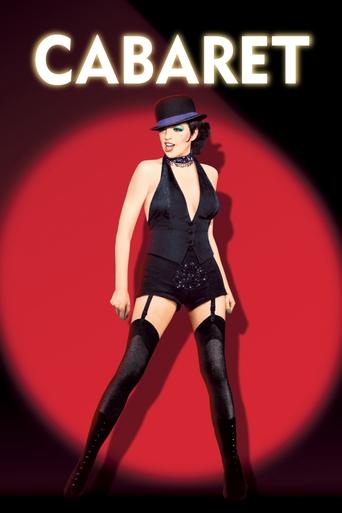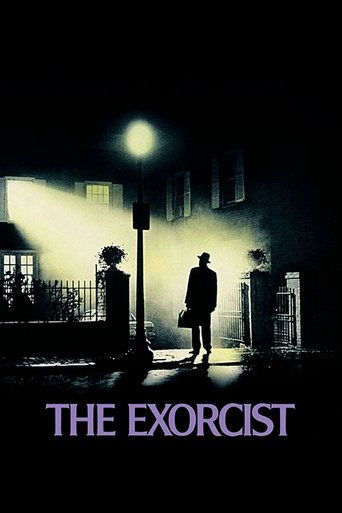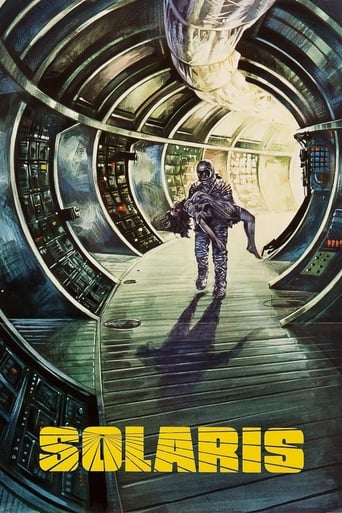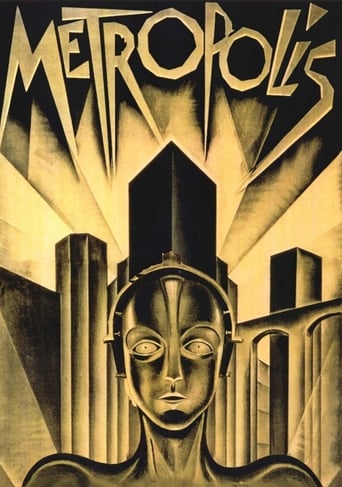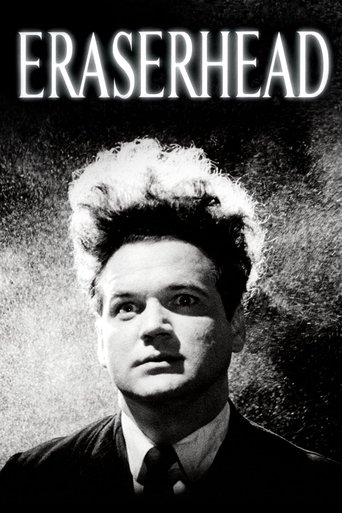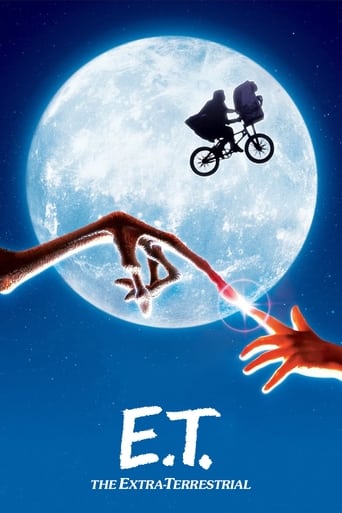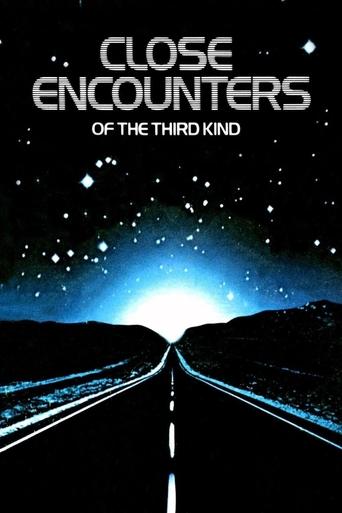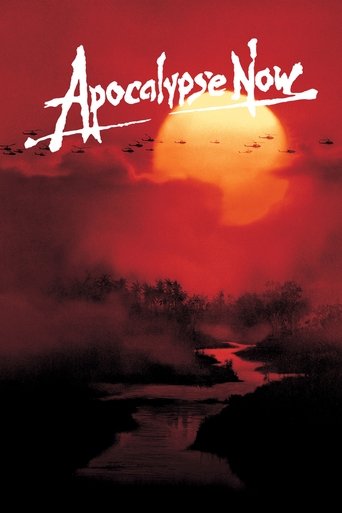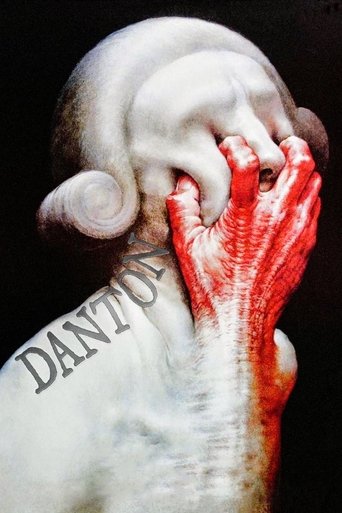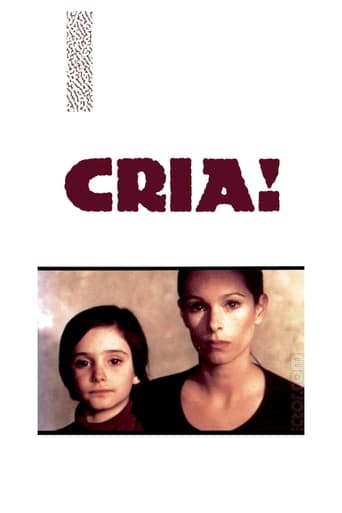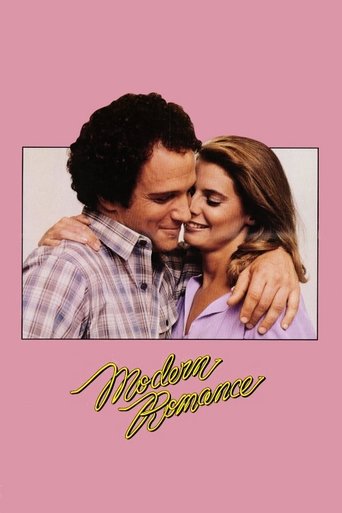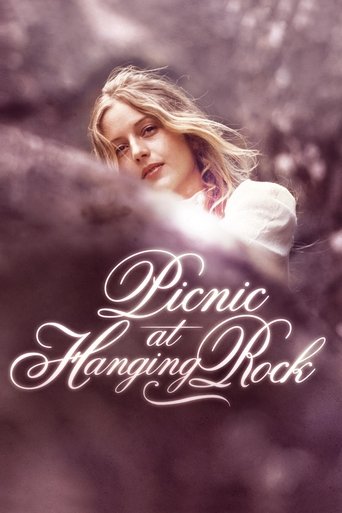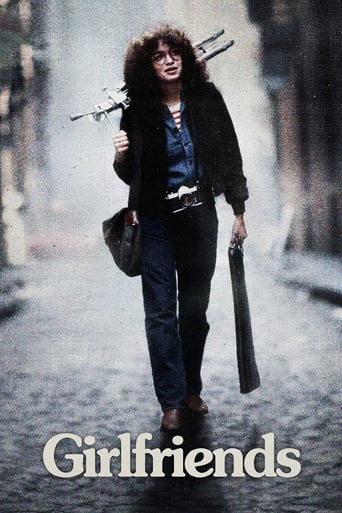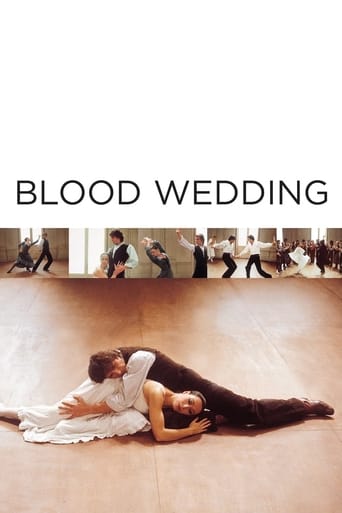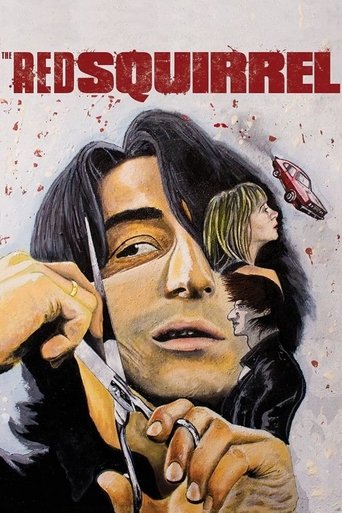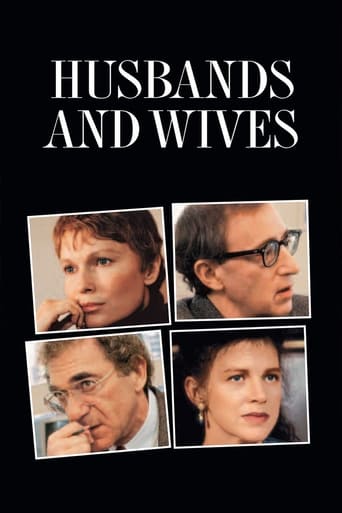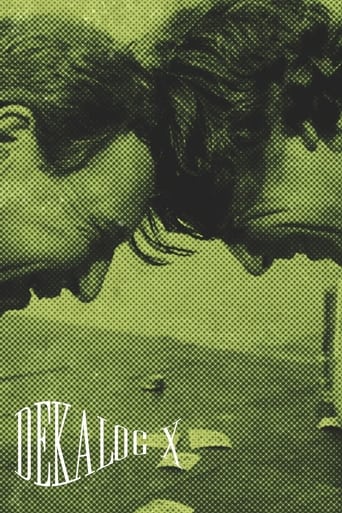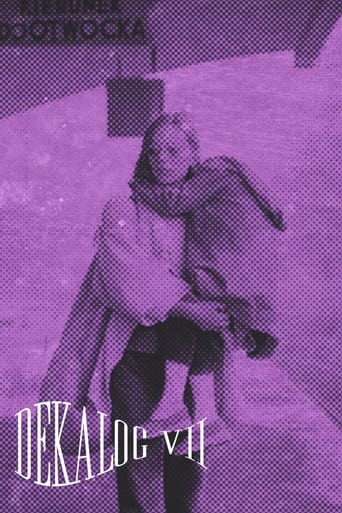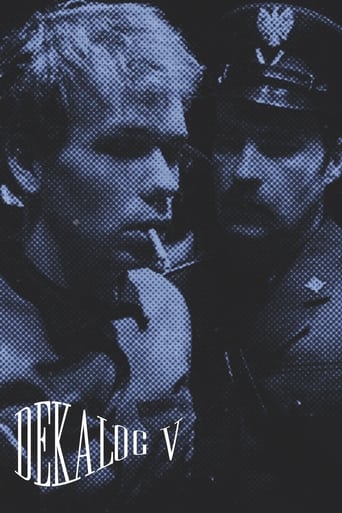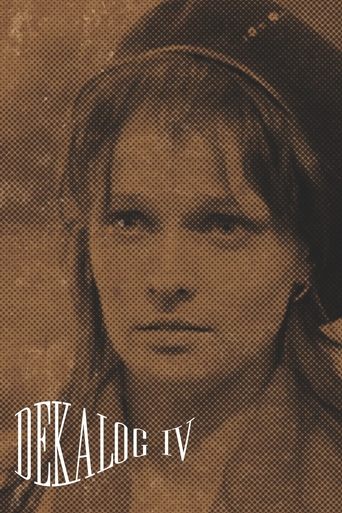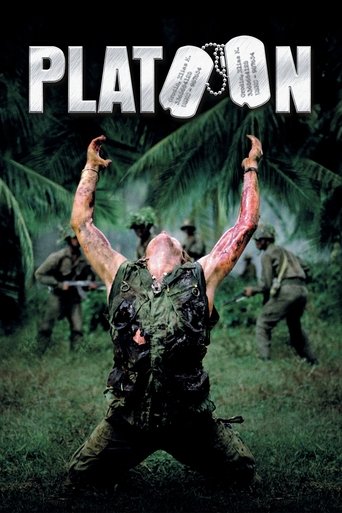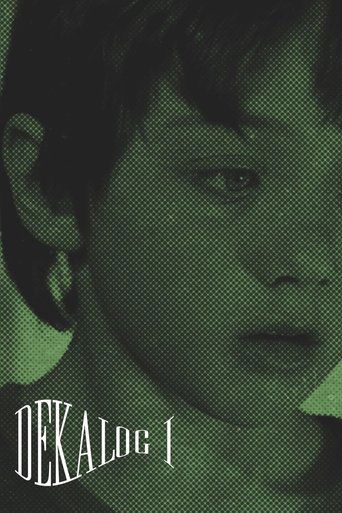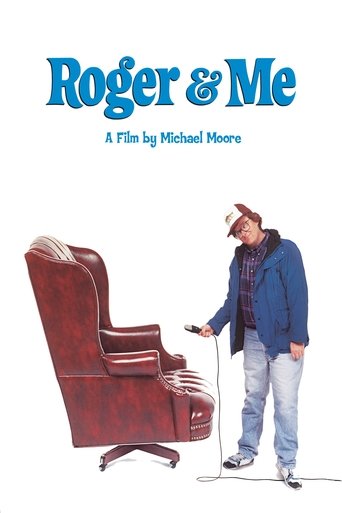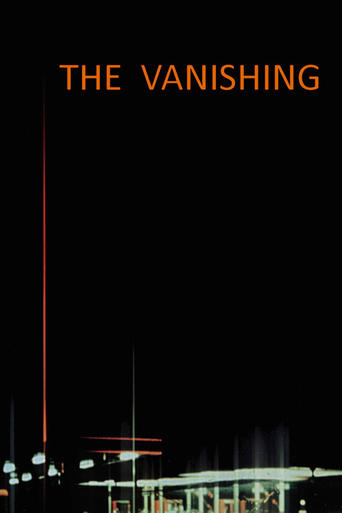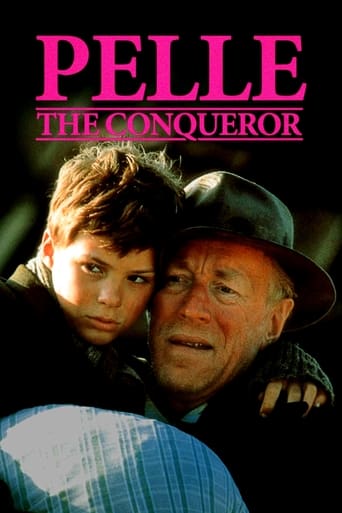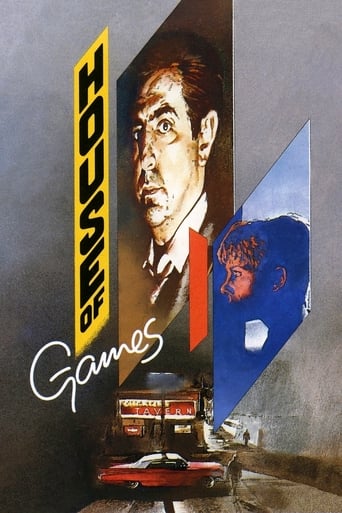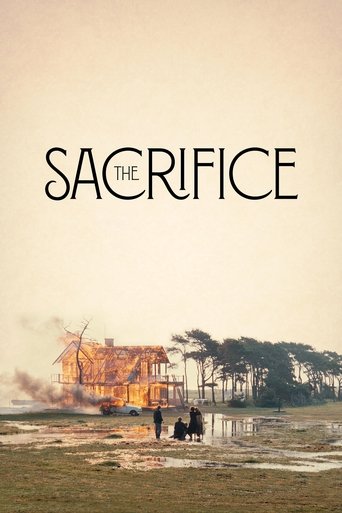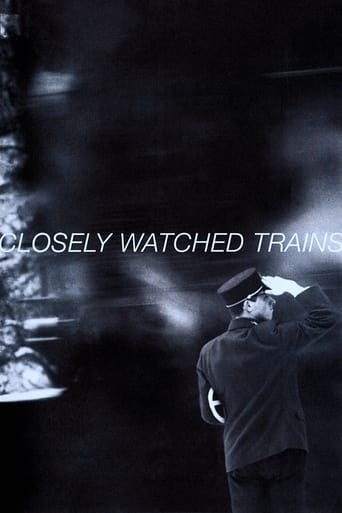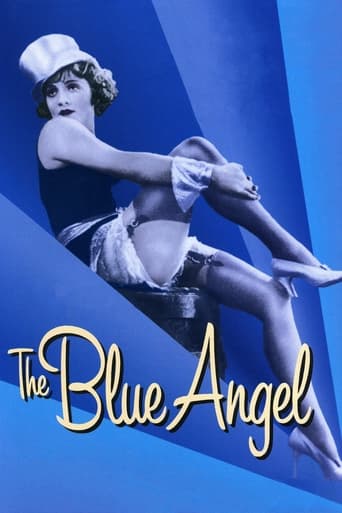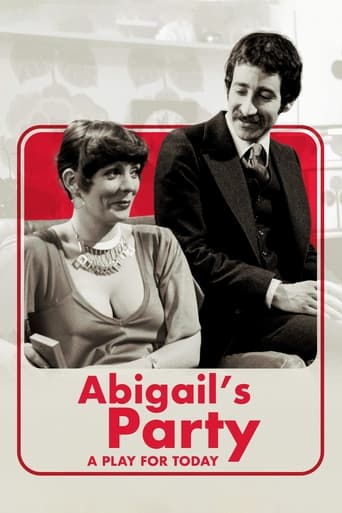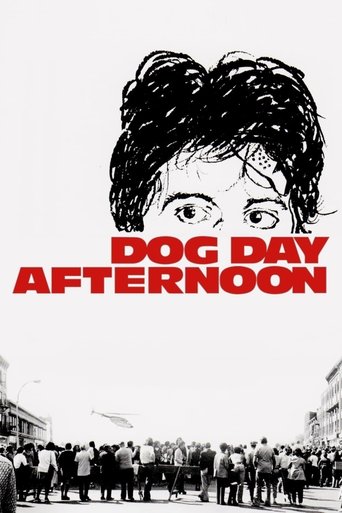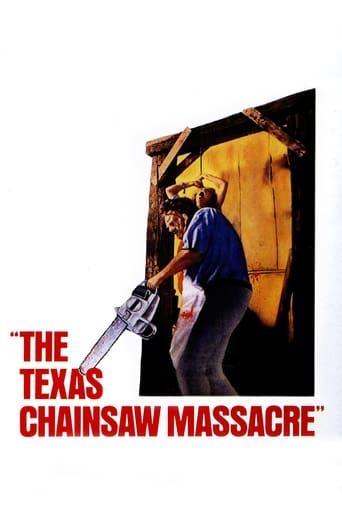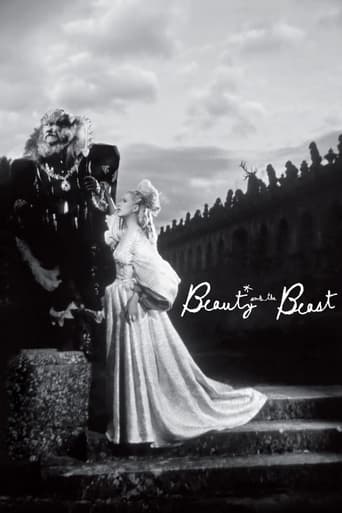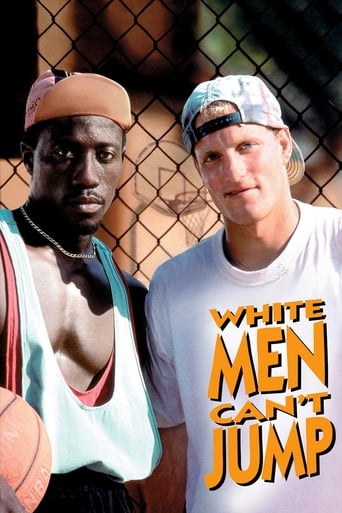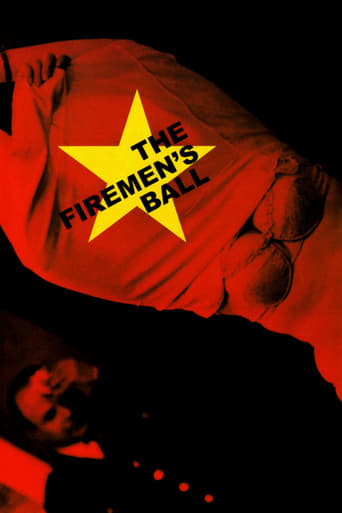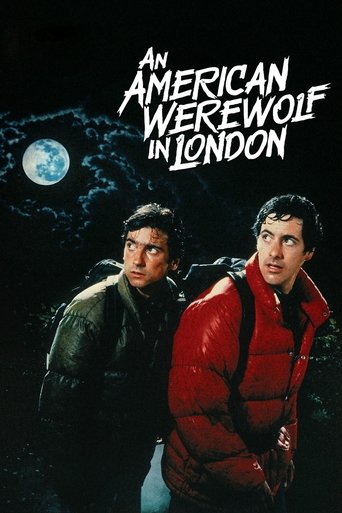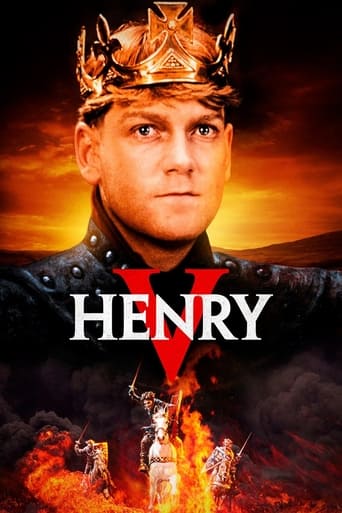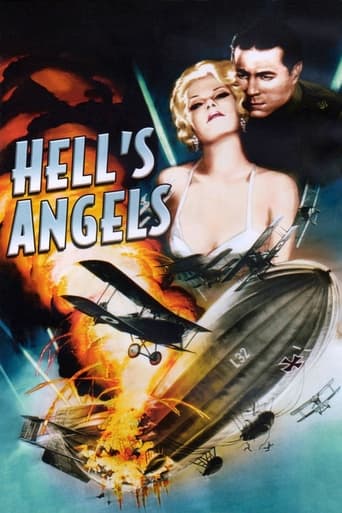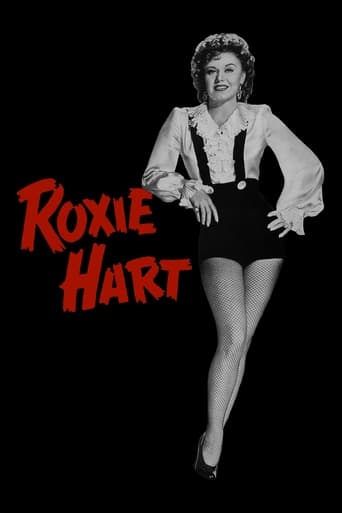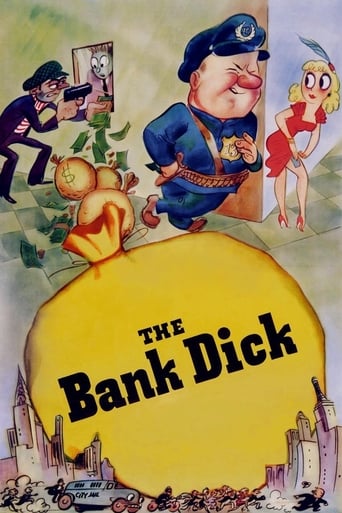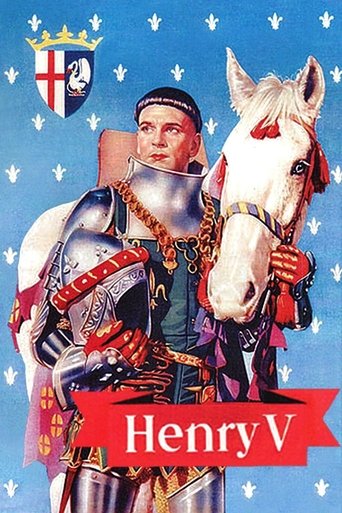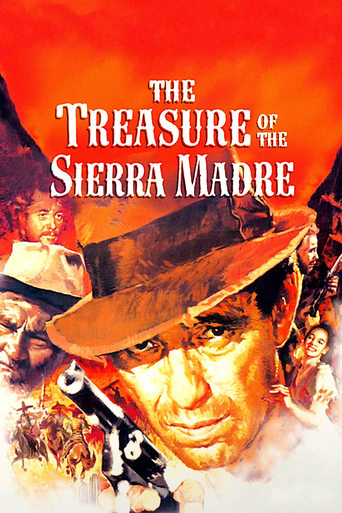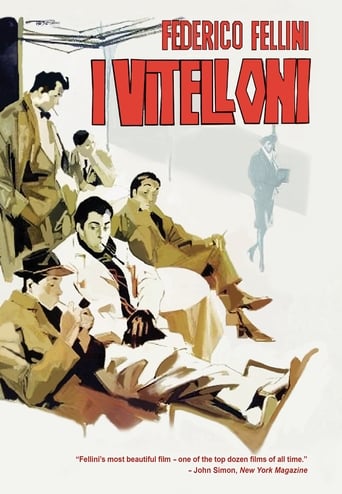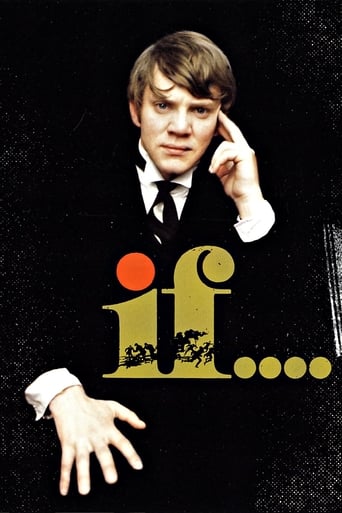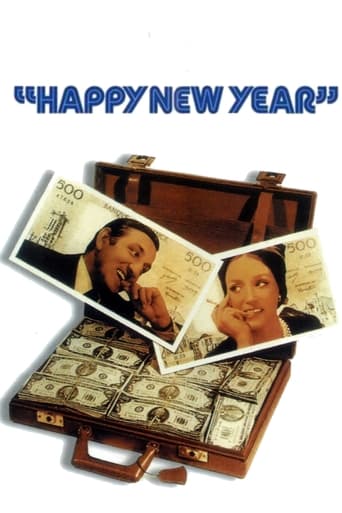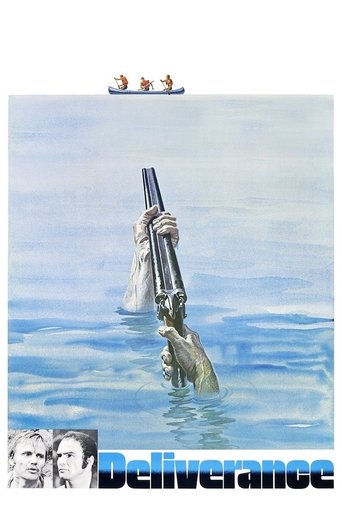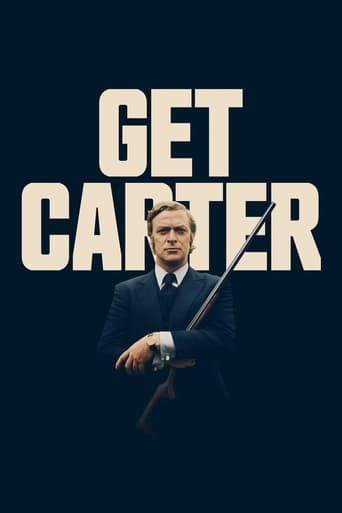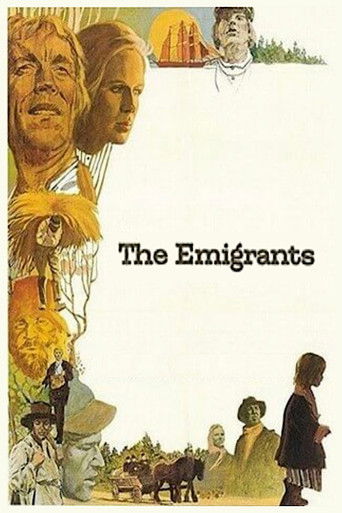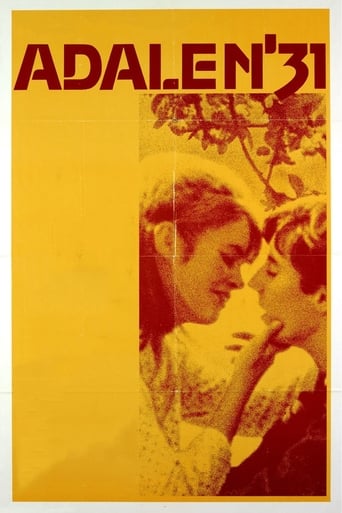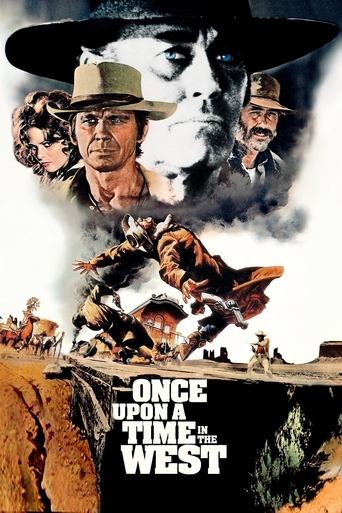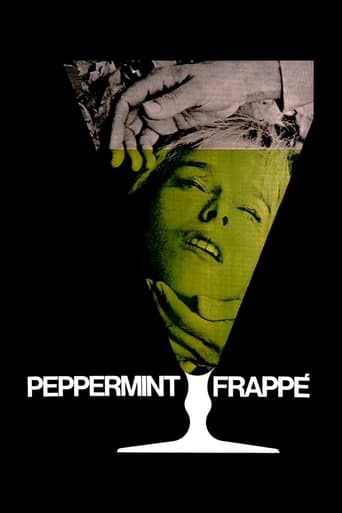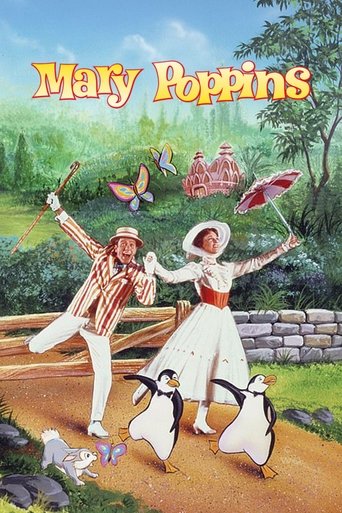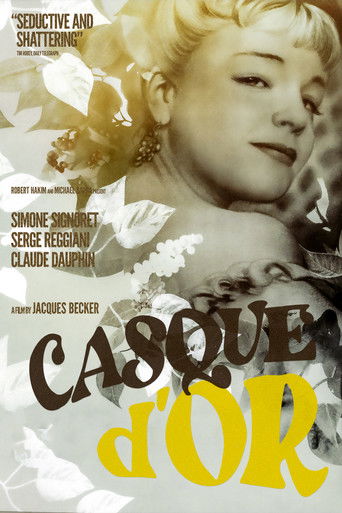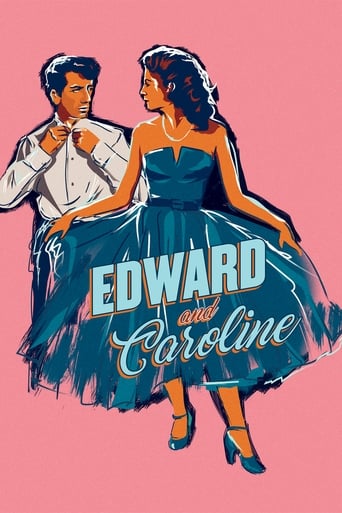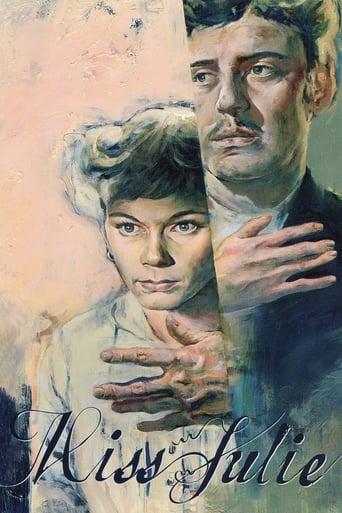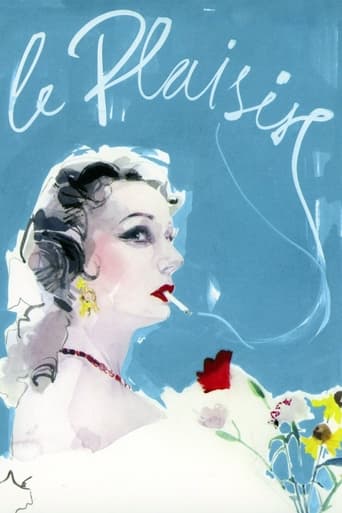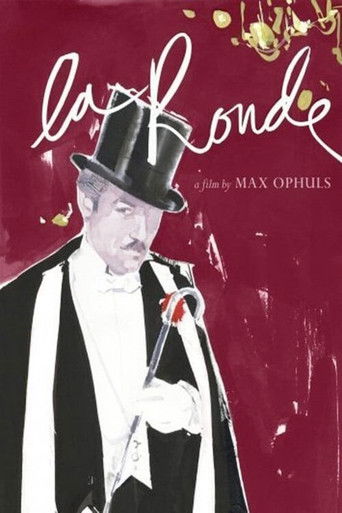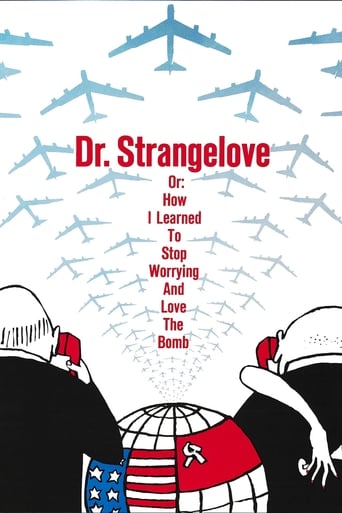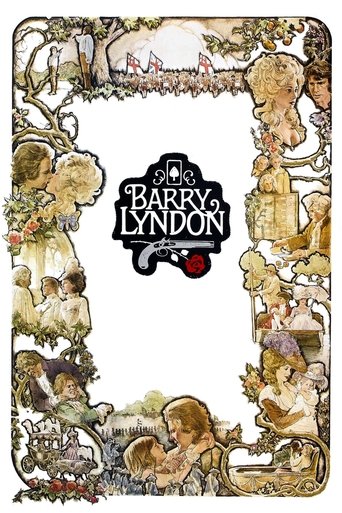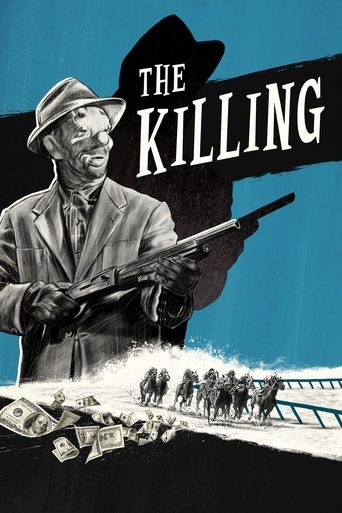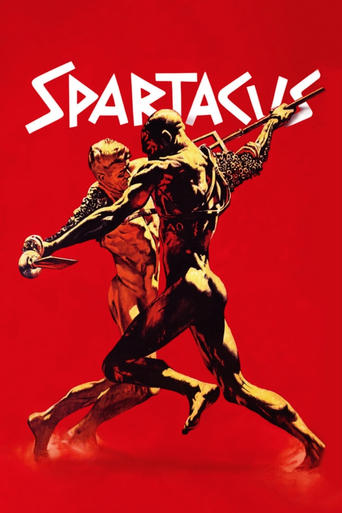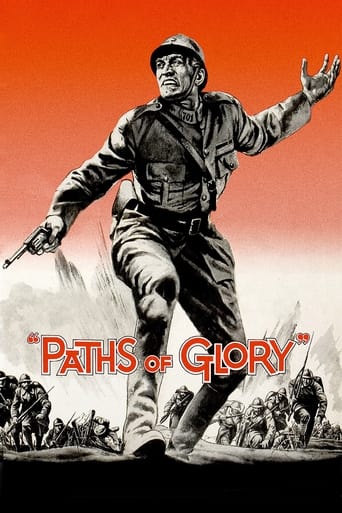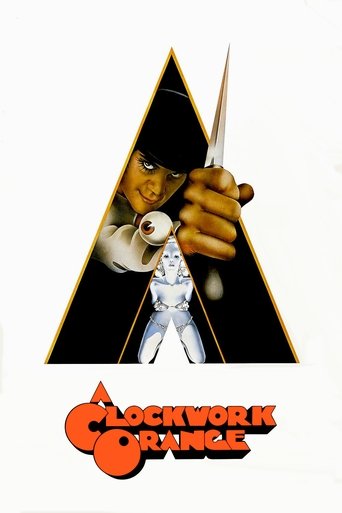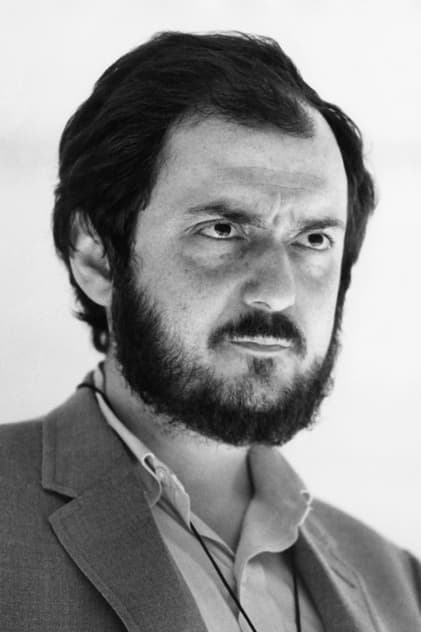
Stanley Kubrick
Stanley Kubrick (July 26, 1928 – March 7, 1999) was an American film director, writer, producer, and photographer who lived in England during most of the last four decades of his career. Kubrick was noted for the scrupulous care with which he chose his subjects, his slow method of working, the variety of genres he worked in, his technical perfectionism, and his reclusiveness about his films and personal life. He maintained almost complete artistic control, making movies according to his own whims and time constraints, but with the rare advantage of big-studio financial support for all his endeavors. Kubrick's films are characterized by a formal visual style and meticulous attention to detail—his later films often have elements of surrealism and expressionism that eschews structured linear narrative. His films are repeatedly described as slow and methodical, and are often perceived as a reflection of his obsessive and perfectionist nature. A recurring theme in his films is man's inhumanity to man. While often viewed as expressing an ironic pessimism, a few critics feel his films contain a cautious optimism when viewed more carefully. The film that first brought him attention to many critics was Paths of Glory (1957), the first of three films of his about the dehumanizing effects of war. Many of his films at first got a lukewarm reception, only to be years later acclaimed as masterpieces that had a seminal influence on many later generations of film-makers. Considered especially groundbreaking was 2001: A Space Odyssey (1968) noted for being both one of the most scientifically realistic and visually innovative science-fiction films ever made while maintaining an enigmatic non-linear storyline. He voluntarily withdrew his film A Clockwork Orange (1971) from England, after it was accused of inspiring copycat crimes which in turn resulted in threats against Kubrick's family. His films were largely successful at the box-office, although Barry Lyndon (1975) performed poorly in the United States. Living authors Anthony Burgess and Stephen King were both unhappy with Kubrick's adaptations of their novels A Clockwork Orange and The Shining (1980) respectively, and both authors were engaged with subsequent adaptations. All of Kubrick's films from the mid-1950s to his death except for The Shining were nominated for Oscars, Golden Globes, or BAFTAs. Although he was nominated for an Academy Award as a screenwriter and director on several occasions, his only personal win was for the special effects in 2001: A Space Odyssey. Even though all of his films, apart from the first two, were adapted from novels or short stories, his works have been described by Jason Ankeny and others as "original and visionary". Although some critics, notably Andrew Sarris and Pauline Kael, frequently disparaged Kubrick's work, Ankeny describes Kubrick as one of the most "universally acclaimed and influential directors of the postwar era" with a "standing unique among the filmmakers of his day."
| Known for | Directing |
|---|---|
| Born | 26 Jul 1928 |
| Died | 7 Mar 1999 |
| Place of birth | New York City, New York |
Favorite films
-
Anthony Frewin: “Stanley thought Kurosawa was one of the great film directors and followed him closely. In fact I cannot think of any other director he spoke so consistently and admiringly about.”
-
Anthony Frewin: “Stanley thought Kurosawa was one of the great film directors and followed him closely. In fact I cannot think of any other director he spoke so consistently and admiringly about.”
-
I know only La Strada [of Fellini’s films] but that is amply sufficient to see in him the most interesting poetic personality of the Italian cinema.
-
Michael Herr: “[Kubrick] watched The Godfather again… and was reluctantly suggesting for the 10th time that it was possibly the greatest movie ever made and certainly the best cast.”
-
The perfect crime film.
-
Jan Harlan: “[Kubrick] was very impressed and depressed by Cries and Whispers — he could barely finish it. I was with him.”
-
Jan Harlan: “La Ronde, yes — he [Kubrick] was a real Arthur Schnitzler fan. Madame de… with Danielle Darrieux — Stanley loved it.”
-
If I made as much money as George Lucas, I would not decide to become a studio mogul. I cannot understand why he doesn’t want to direct films anymore, because American Graffiti and even Star Wars were very good.
-
Frederic Raphael: “[Kubrick] admired it very much. He said, ‘It’s pretty good, okay?’” Frewin: “He thought it was slick.”
-
Paul Thomas Anderson: “[Kubrick] had seen Boogie Nights and he liked it very much. He liked the fact that I was a writer director and commented that more filmmakers should write and direct.”
-
Anthony Frewin: “Stanley thought Kurosawa was one of the great film directors and followed him closely. In fact I cannot think of any other director he spoke so consistently and admiringly about.”
-
The filmmaker I admire the most after Max Ophuls is without a doubt Ingmar Bergman, whose every film I’ve seen. I like enormously Smiles of a Summer Night.
-
All films are, in a sense, false documentaries. One tries to approach reality as much as possible, only it’s not reality. There are people who do very clever things, which have completely fascinated and fooled me. For example, The Battle of Algiers. It’s very impressive.
-
Jan Harlan: “[Kubrick] loved Harold and Maude but I don’t know whether he ever spoke to Hal Ashby or not.”
-
Jan Harlan: “Cabaret led to Marisa Berenson getting the part in Barry Lyndon.”
-
The ending is so unreal, and purely spectacular … And Brando is supposed to give an intellectual weight to the whole thing… I think it just didn’t work. But it’s terrifically done. And there are some very strong scenes.
-
Anthony Frewin: “Stanley thought Danton was very nearly beyond criticism and ‘perhaps the finest historical film ever made’. He loved everything about it and said he would never tire of watching the scenes with Gérard Depardieu and Wojciech Pszoniak (‘I’d love to use that Polish actor in something’).”
-
I think one of the most interesting Hollywood films, well not Hollywood — American films — that I’ve seen in a long time … one of the very rare American films that I would compare with the serious, intelligent, sensitive writing and filmmaking that you find in the best directors in Europe. It wasn’t a success, I don’t know why; it should have been. Certainly I thought it was a wonderful film. It seemed to make no compromise to the inner truth of the story, you know, the theme and everything else.
-
Jan Harlan: “I believe the only foreword to a book he [Kubrick] ever wrote was for the scripts of Kieslowski’s Dekalog — and he did this with pleasure. A great masterpiece.”
-
Jan Harlan: “I believe the only foreword to a book he [Kubrick] ever wrote was for the scripts of Kieslowski’s Dekalog — and he did this with pleasure. A great masterpiece.”
-
Jan Harlan: “I believe the only foreword to a book he [Kubrick] ever wrote was for the scripts of Kieslowski’s Dekalog — and he did this with pleasure. A great masterpiece.”
-
Jan Harlan: “I believe the only foreword to a book he [Kubrick] ever wrote was for the scripts of Kieslowski’s Dekalog — and he did this with pleasure. A great masterpiece.”
-
Jan Harlan: “I believe the only foreword to a book he [Kubrick] ever wrote was for the scripts of Kieslowski’s Dekalog — and he did this with pleasure. A great masterpiece.”
-
Jan Harlan: “I believe the only foreword to a book he [Kubrick] ever wrote was for the scripts of Kieslowski’s Dekalog — and he did this with pleasure. A great masterpiece.”
-
Jan Harlan: “I believe the only foreword to a book he [Kubrick] ever wrote was for the scripts of Kieslowski’s Dekalog — and he did this with pleasure. A great masterpiece.”
-
Jan Harlan: “I believe the only foreword to a book he [Kubrick] ever wrote was for the scripts of Kieslowski’s Dekalog — and he did this with pleasure. A great masterpiece.”
-
I liked it. I thought it was very good. … The strength of Platoon, is that it’s the first of what I call a “military procedural” that is really well done, where you really believe what’s going on. I thought the acting was very good and that it was dramatically very well written. That’s the key to its success: it’s a good film. … Only the ending of Platoon seemed a bit soft to me in the optimism of its narration.
-
Jan Harlan: “I believe the only foreword to a book he [Kubrick] ever wrote was for the scripts of Kieslowski’s Dekalog — and he did this with pleasure. A great masterpiece.”
-
Jan Harlan: “I believe the only foreword to a book he [Kubrick] ever wrote was for the scripts of Kieslowski’s Dekalog — and he did this with pleasure. A great masterpiece.”
-
Jan Harlan: “[Kubrick] greatly admired the guts[iness] of Michael Moore — substantial content and a major US figure.”
-
The most horrifying film I’ve ever seen.
-
Jan Harlan: “Stanley loved it, not so much because it is a great film, but because this was his childhood too.”
-
A very nice film.
-
Jan Harlan: “Stanley liked Branagh’s version much better than the old and old-fashioned Olivier version which he had on his 1963 list. He thought it was far superior.”
-
Jan Harlan: “I realise it’s on this 1963 list, but strangely, he [Kubrick] never mentioned Hell’s Angels to me when we played the forever changing Desert Island Discs game with films.”
-
It’s terrific.
-
Any actor who sees Get Carter will want to work with Hodges.
-
Jan Harlan: “[Kubrick] adored The Emigrants. He was so enthused by the look of it that he hired the costume lady Ulla-Britt Söderlund for Barry Lyndon, who then worked with Milena Canonero.
-
How clever that the Japanese speak Japanese — what a difference it makes.
-
From Christopher Frayling’s Sergio Leone: Something to Do with Death: “Kubrick admired the film as well. So much so, according to Leone, that he selected the music for Barry Lyndon before shooting the film in order to attempt a similar fusion of music and image.”
-
He is an extremely brilliant director, and what strikes me in particular is the marvellous use he makes of his actors.
-
I saw Mary Poppins three times, because of my children, and I like Julie Andrews so much that I enjoyed seeing it three times. I thought it was a charming film. I wouldn’t want to make it, but…
-
I very much like Jacques Becker. His reputation for lightness has not stopped him from making an excellent dramatic film in Casque d’Or, which I saw many times.
-
They say Becker makes minor films, but Édouard et Caroline is nevertheless a ravishing thing.
-
I have a very vivid memory of Miss Julie, which was directed in an extremely remarkable fashion.
-
Jan Harlan: “La Ronde, yes — he [Kubrick] was a real Arthur Schnitzler fan. Madame de… with Danielle Darrieux — Stanley loved it.”
-
Jan Harlan: “La Ronde, yes — he [Kubrick] was a real Arthur Schnitzler fan. Madame de… with Danielle Darrieux — Stanley loved it.”
